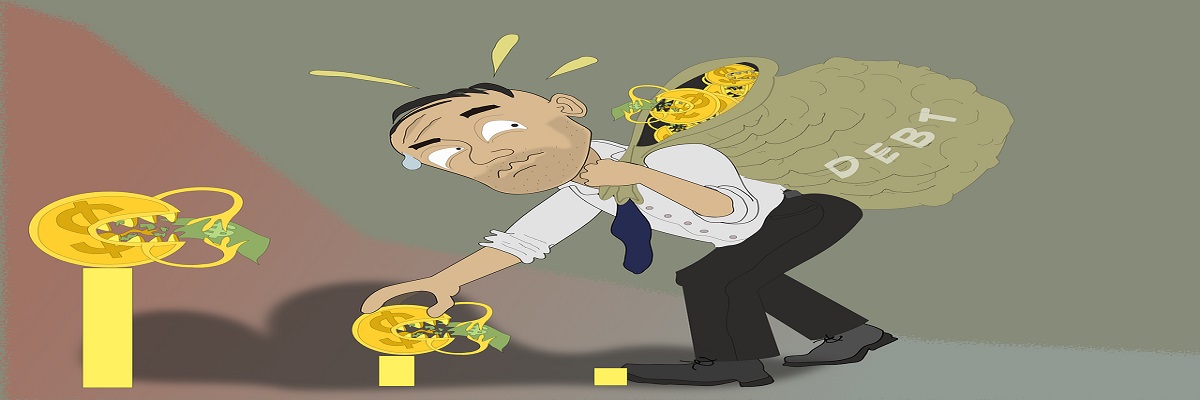Call: 888-297-6203
The means test is a series of calculations based on the debtor’s household size and income to determine whether the debtor can file for chapter 7 bankruptcy. The test only applies to debtors who primarily have “consumer debts” as opposed to business debt.
If more than half of the people have non-consumer debt or business debt then they don’t have to pass the means test to apply for chapter 7 bankruptcy.
What are consumer and non-consumer debts?
Section 101(8) of the Bankruptcy Code defines a consumer debt as “debt incurred by an individual primarily for a personal, family, or household purpose.” Many bankruptcy courts have developed a “profit motive” test. If the debt was incurred with an intention of making a profit, then the debt is classified as business debt. For example, if there is a mortgage on the primary residence, then it is a consumer debt but if the mortgage is on a vacation home that you have rented out to earn money that becomes a business debt. Likewise, if there is a credit card debt for a personal property then it is a consumer debt but if the debt is for business, then it will turn into non-consumer debt. If an individual guaranteed a debt for a business obligation, that personal guaranty would be deemed business debt, as would the investment losses.
According to the Office of the United States Trustee’s position on legal issues arising under the means test regarding a declaration of non–consumer debts:
- Less than 50% of total scheduled debt is liable for personal, family, or household purposes.
- The purpose of the debt is judged on the day the debt was incurred.
- Home mortgages are typically consumer debt unless incurred for profit.
- Most tax debts are likely to be non-consumer debts.
With respect to tax debts, most of the bankruptcy courts outside the Second Circuit hold these debts to be business debts. See In re Brashers, 216 B.R. 59 (Bankr. N.D. Okla. 1998), which holds that the debtor’s income tax obligations do not constitute consumer debt; see also Internal Revenue Service v. Westberry (In re Westberry), 215 F.3d 589 (6th Cir. 2000), which also holds that taxes are not consumer debt. Many subsequent courts examining this issue have followed the Westberry analysis.
A bankruptcy attorney will be the best person to talk to if you have any queries about any type of debt whether it be medical bills, credit card bills, mortgage, taxes, business, secured or unsecured debts. But before you decide to file you should look into some credit counseling classes too.
If you want good legal counsel and if you live near Los Angeles & Dallas, TX, reach the Recovery law group – (888-297-6203) or visit https://recoverylawgroup.com/bankruptcy/.

